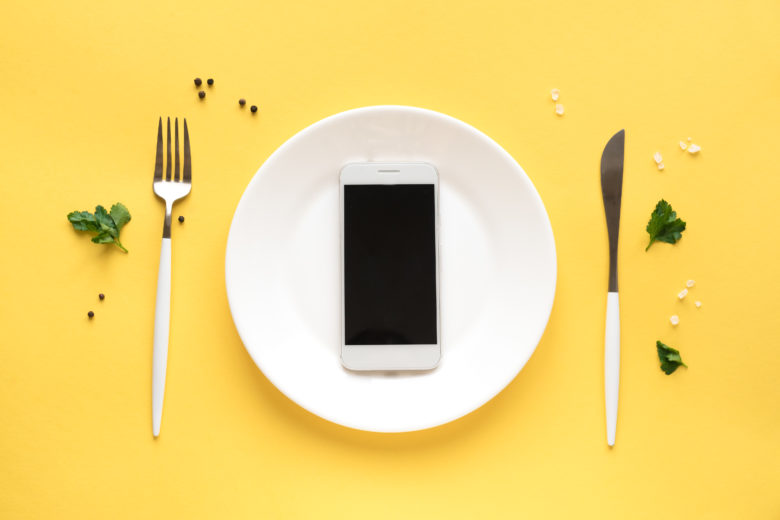
“What are some of the major forces rapidly reshaping America’s food conversation?” That was one of several questions a group of leading food innovators wrestled with recently at the Monterey Bay Aquarium‘s Sustainable Foods Institute. Beyond the latest diet trends, superfoods, nutrition science and policy, here are three trends shaking up the nutrition world right now.
An “Ecosystem Mashup”
William Rosenzweig, dean and executive director of the Food Business School at the Culinary Institute of America and founding CEO of the Republic of Tea, spoke of the new “ecosystem mashup.” What that means is, because food is directly tied to so many of our modern challenges (such as health, sustainability, corporate responsibility and social justice), an unprecedented number of innovative entities have begun taking food seriously. With social entrepreneurs, venture capitalists, food activists, Silicon Valley executives, farmers, NGOs and passionate consumers involved, many old ways of doing things are ready for change.
Implication for RDNs: Opportunities are exploding, providing us with an unprecedented level of new potential influence. With more voices in the mix, fresh collaborative opportunities await that can sharpen our relevance, broaden our thinking and expand our influence. How are these voices impacting our own traditional spheres of influence?
Growth Will Be Exponential
A slew of new technologies and business approaches have increased the amount of sharing, the level of transparency and the reach of conversations to unprecedented (“exponential”) levels. Traditional (“linear”) models of business and influence are no longer the only options. Think of Airbnb upending Hilton Hotels, Instagram shuttering Kodak and Chipotle taking a hefty bite out of the traditional fast food chains’ profits. In the digital age, conversations and resources that were once concentrated in the hands of the few have been unleashed and have rapidly changed the way Americans (especially younger generations) think about, purchase and consume food.
Implications for RDNs: With the acceleration of ideas and information, there is tension between the idea of “move fast and break things” (once Facebook’s mantra) versus going slow and being deliberate. How does our profession reconcile the imperative to be evidence-based with the need to be up on the latest thing? What opportunities and risks are there for our profession in this new dynamic?
Food Waste Recovery Will Become the Norm
While policy has done an admirable job of making food cheaper, it has also contributed to a significant increase in food waste. In the U.S. alone, per capita food waste has increased 50 percent since 1974 to an average of 1,400 calories per person per day. Globally, one-third of food produced is lost or wasted.
The food waste-hunger paradox in America is ripe for disruption. “We could cut hunger in America in half by recovering just 15 percent of the food America wastes,” says Ben Simon of the Food Recovery Network. He sees higher education as the first sector where Food Waste Recovery will soon be the norm rather than the exception. His company works with more than 110 colleges and has donated more than 500,000 meals.
The other area in which food waste could be cut is on the farm. “In fact, 20 percent of perfectly good produce never even makes it off the farm because it is ‘cosmetically challenged,'” says Simon. To combat this, he and his partners have launched Imperfect Produce, a delivery service for funny-looking fruits and veggies that would otherwise be wasted.
Implications for RDNs: Change in this area often requires rethinking and reworking well-intentioned rules and policies governing leftovers, food waste and unpicked produce. But successful models — and legal clearance — often exist for those willing to pursue it, and the payoff is making nutrient-rich foods available and more affordable to people who need them most.
Disclosure: I was given a media pass to attend the Monterey Bay Aquarium Sustainable Foods Institute.




